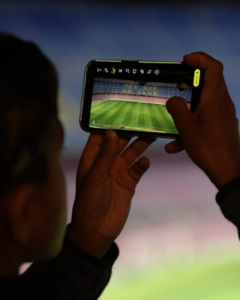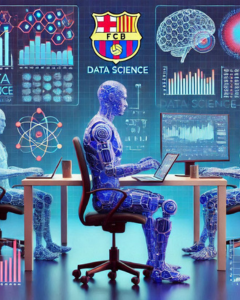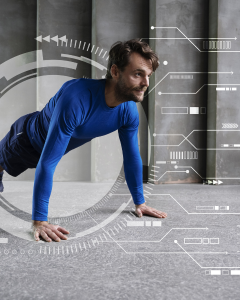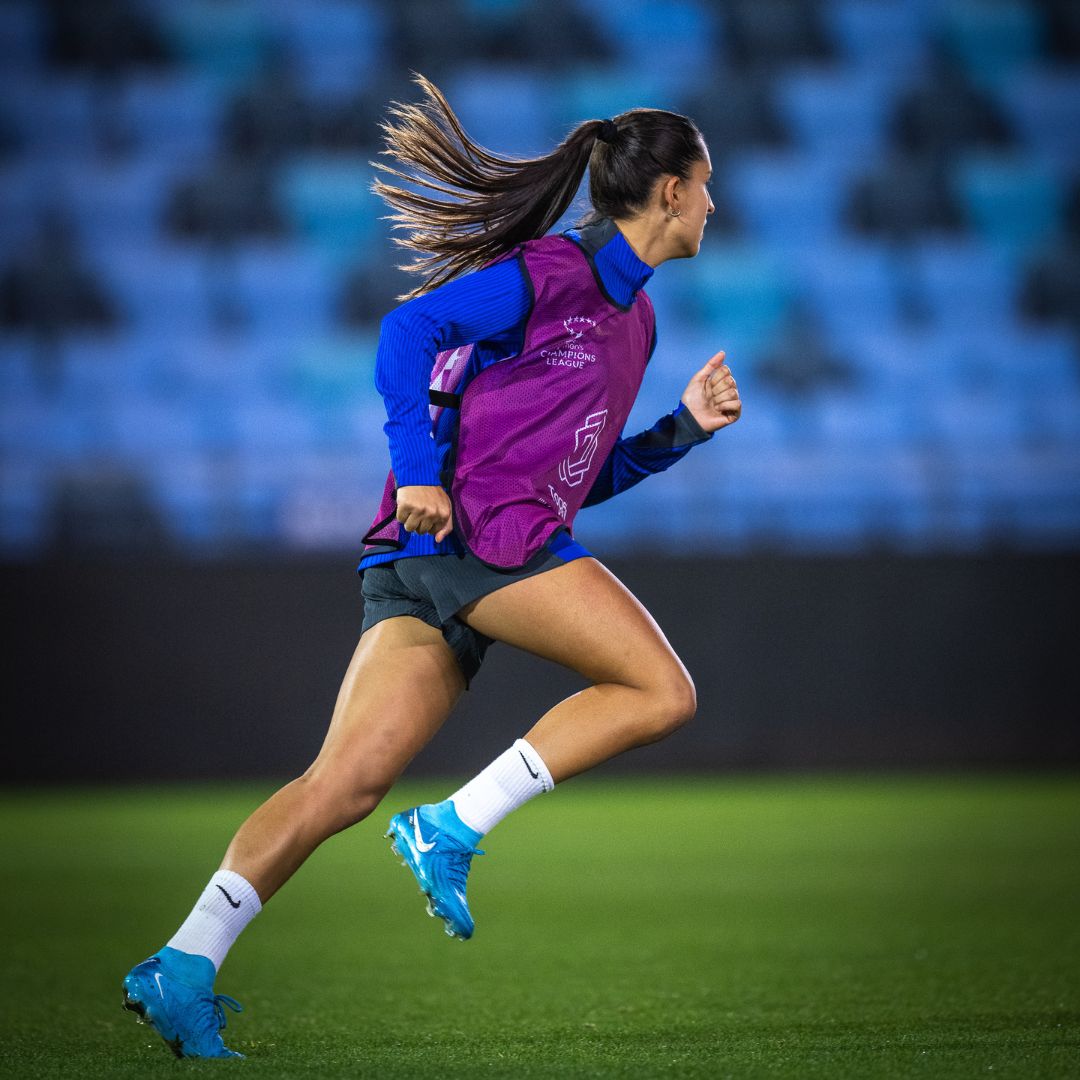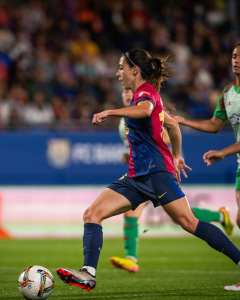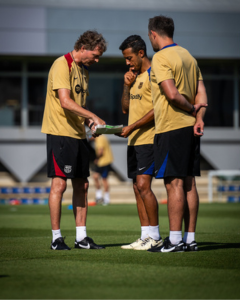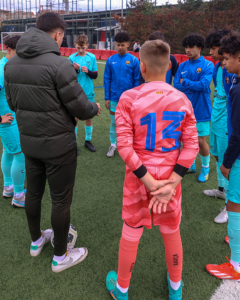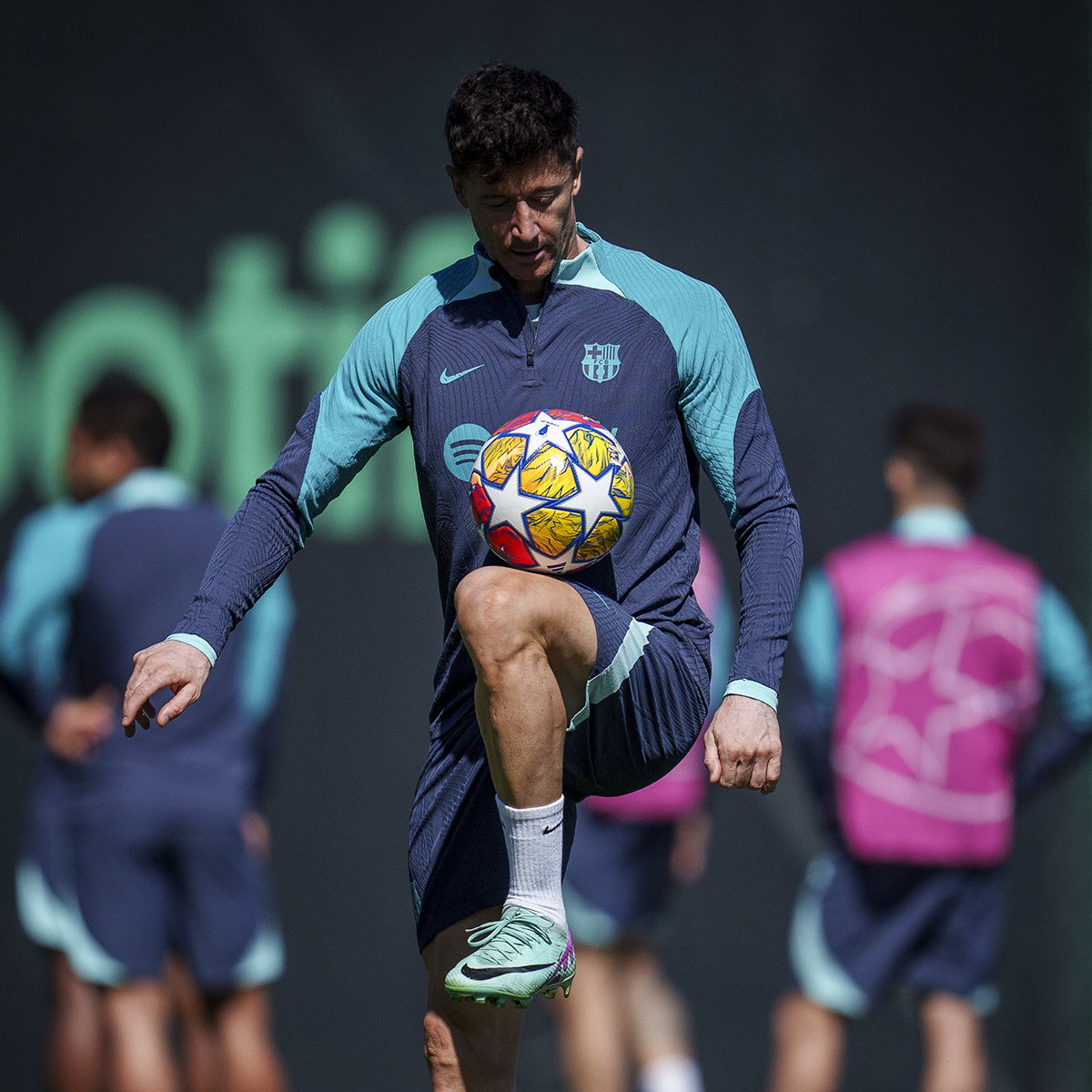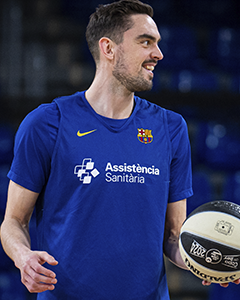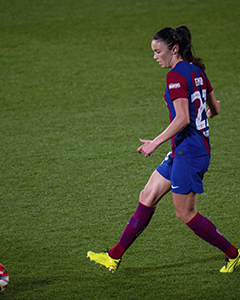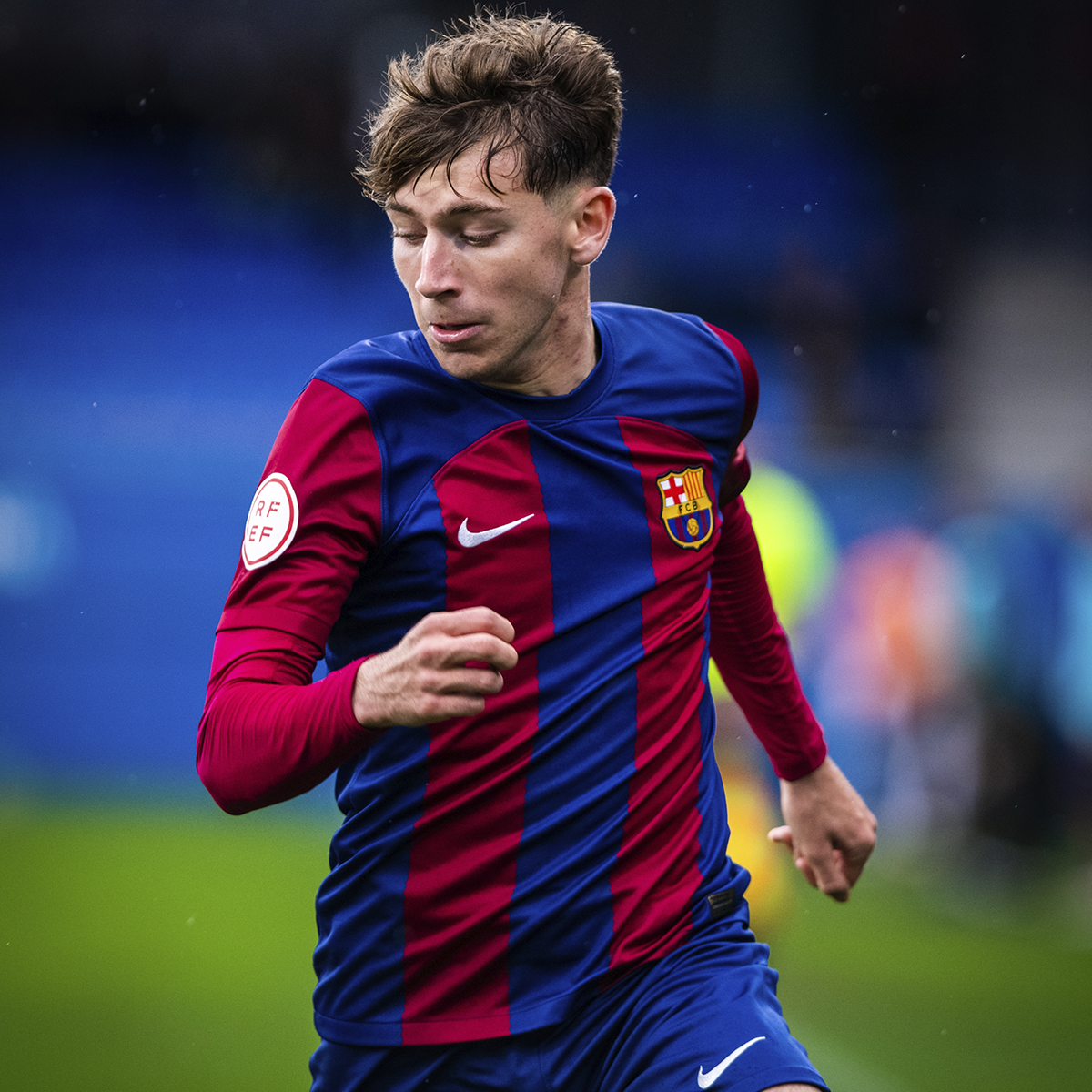Description
This certificate is intended for sports science and health professionals who wish to deepen their understanding of strength training. This body of knowledge is based on two sources: scientific literature and the professional experience of the teachers.
The course ‘Neuromuscular Basis for Strength Training’ starts with an analysis of the information on neuromuscular physiology and its relationship to strength development and muscle power in sports. This basic knowledge is continuously linked to strength training and allows for a quality pre-assessment of the needs for programming and the choice and design of tasks.
Throughout the certificate, we will deepen our understanding of the professional application of strength training in the two major work environments that are presented: the strength and conditioning coach and the return-to-play-coach. In both cases, the contents of the certificate’s two main courses cover fundamental and up-to-date knowledge of these two professional profiles, with strength as their central topic. The main aspects of development for both profiles are succinctly addressed, and the work methodology for each of them is also covered.
Finally, the course ‘Technology, Strength Training and Muscle Power’ looks at the latest trends in strength training, some of which are still emerging, and analyses the immediate future of the development of this important feature of sports performance and injury rehabilitation.
Leer más...










